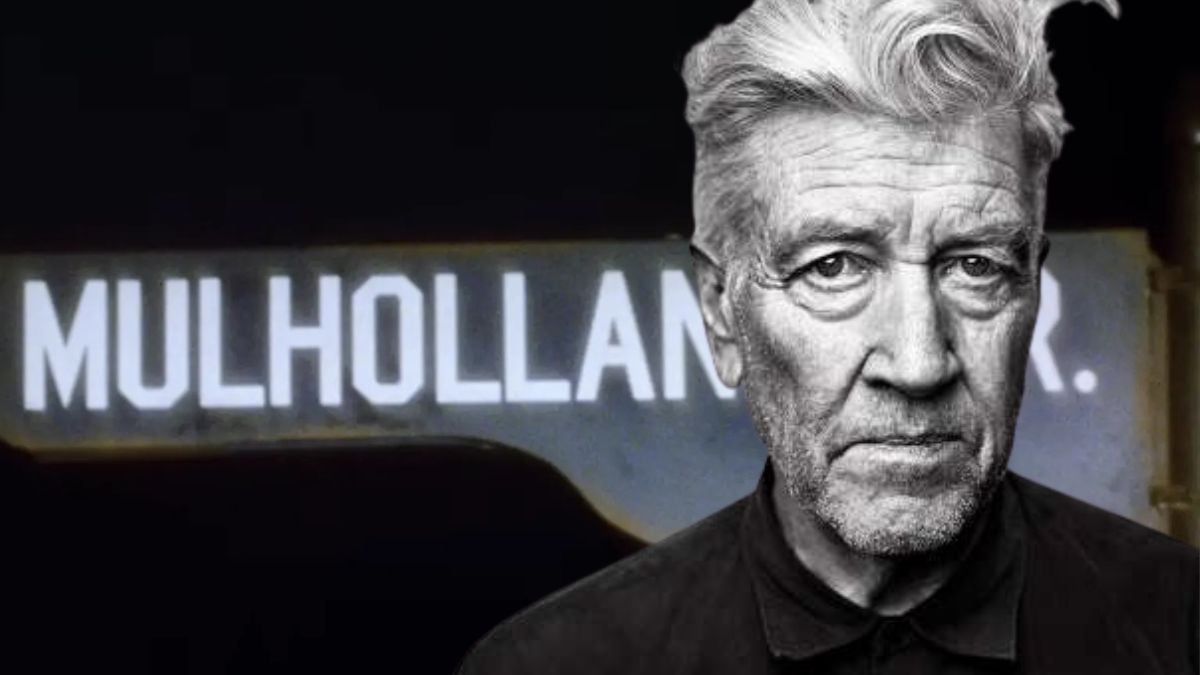
David Lynch, one of the most innovative and visionary minds in cinema, passed away at the age of 78 after a life marked by art, experimentation, and a career full of achievements. The legendary filmmaker’s death was announced by his family through a statement on social media, leaving a deep void in the film industry, which is experiencing a tragic moment following the devastating fires in Los Angeles, California.
What did David Lynch die of? Cause of death
According to confirmed information, Lynch suffered from emphysema, a disease that complicated his health in the last years of his life. Additionally, close sources reported that he was displaced from his home due to the Sunset Fire, which worsened his condition. In previous interviews, the director had expressed his intention to continue working despite his physical limitations, stating that he “would never retire.”
What are David Lynch’s main films and works?
Lynch is renowned for works that redefined cinematic language, blending surrealist elements with deep psychological narratives. Among his most iconic films are:
- “Eraserhead” (1977): His first feature film, a cult classic that marked the beginning of his unique style.
- “The Elephant Man” (1980): A moving work that earned him two Academy Award nominations.
- “Blue Velvet” (1986): A psychological thriller that challenged conventional storytelling.
- “Mulholland Drive” (2001): Considered one of the best films of the 21st century, earning him another Oscar nomination.
- Dune (1984): Adaptation of Frank Herbert’s science fiction classic.
- Blue Velvet (1986): Critically acclaimed psychological thriller.
- Wild at Heart (1990): Winner of the Palme d’Or at the Cannes Film Festival.
- Twin Peaks: Fire Walk with Me (1992): A prequel and epilogue to the *Twin Peaks* series.
- Lost Highway (1997): A neo-noir mystery film.
- The Straight Story (1999): Based on a true story, considered his most conventional work.
Additionally, his series “Twin Peaks” revolutionized television in the 1990s with its mix of mystery, horror, and drama, becoming a cultural phenomenon.
The term “Lynchian” was even coined from his work, used to describe a unique cinematic style characterized by:
- Fragmented narratives that explore the subconscious.
- Eccentric characters and disturbing settings.
- Masterful use of sound design to evoke emotions.
- A blend of the mundane and the surreal.
This approach broke barriers in storytelling, inspiring generations of filmmakers.
David Lynch’s Biography
David Keith Lynch was born on January 20, 1946, in Missoula, Montana. From a young age, he showed interest in visual arts, starting his career as a painter before venturing into film. After moving to Los Angeles in 1971, he studied at the AFI Conservatory, where he produced “Eraserhead,” his first masterpiece.
Throughout his life, Lynch described his time at AFI as a chaotic yet crucial learning period to develop his style. It was here that he began exploring the ideas that would define his cinema, characterized by unsettling atmospheres and a focus on the subconscious.
Which of David Lynch’s films have won major awards?
Lynch was a filmmaker celebrated on numerous occasions. He received the Palme d’Or at the Cannes Film Festival for “Wild at Heart” in 1990 and was nominated for the same prize three more times.
Additionally, he received an Honorary Oscar in 2000 for his contributions to cinema. His film “Mulholland Drive” earned him the Best Director award at Cannes and continues to be acclaimed as a modern classic.
How did “Twin Peaks” influence modern television?
“Twin Peaks” debuted in 1990 as a television phenomenon combining mystery, drama, and supernatural elements. The series, centered on the murder of Laura Palmer, captured the audience’s imagination and marked a before-and-after in television history.
In 2017, Lynch revisited the series with “Twin Peaks: The Return”, taking the narrative to an even more surreal level. The third season was acclaimed by critics and fans, solidifying its place as a masterpiece of the medium.
The Brands of David Lynch
Beyond cinema, Lynch was an advocate of transcendental meditation, a practice he considered key to his creative process. In his book “Catching the Big Fish”, he shared how this technique helped him achieve a state of mental clarity that influenced his projects.
Lynch was also a coffee enthusiast, to the point of launching his own line of organic coffees, “David Lynch Signature Cup,” and an advocate of digital formats, experimenting with web series such as “Rabbits” and “Dumbland.”
How much money did David Lynch have? His net worth
David Lynch amassed an estimated net worth of $70 million, derived from his career in film, television, and secondary ventures such as his coffee line. His ability to remain relevant in a changing environment and his multidisciplinary focus made him an influential figure both within and outside the film industry.
David Lynch’s passing not only represents the loss of a visionary artist but also the end of a chapter in cinema history. His ability to challenge norms and explore the darkest corners of the human mind leaves an indelible legacy.










